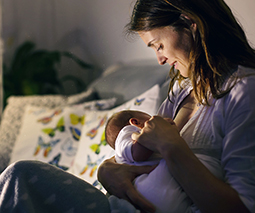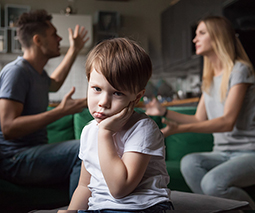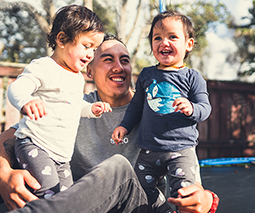The 5 things that will help you co-parent peacefully during lockdown
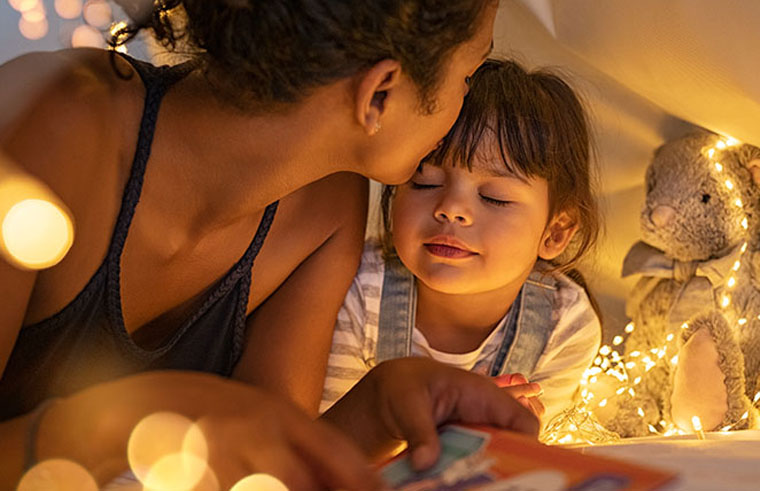
Worldwide research shows that during a crisis, relationships are more likely to break down. And while parenting with another person is always something to be navigated, co-parenting during a pandemic with an ex-partner, adds another layer of complexity to an already stressful situation.
Whether you’re in lockdown, or just trying to stay safe, Elizabeth Shaw, CEO of Relationships Australia New South Wales, has some sensible advice for parents who are trying to co-parent peacefully at this time.
1. Don’t ask your children to carry your anxiety
“If you’re a bit panicked … and you think your ex-partner’s a bit too relaxed, loading your children up with hypervigilance is absolutely unhelpful,” cautions Elizabeth.
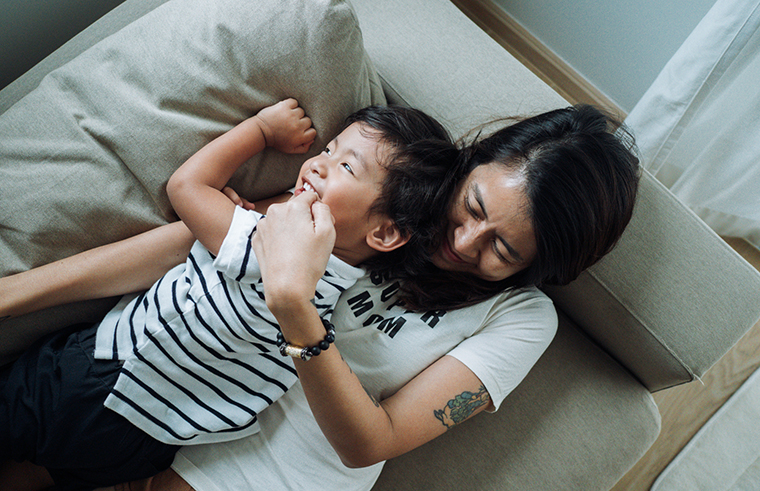
2. Discuss different viewpoints with your kids
If your children are old enough, this is an opportunity to sit down with your kids and work out the facts together. It’s understandable that they might be confused by so many of the different opinions around COVID-19, lockdown and the vaccines, but you can make this a conversation, Elizabeth says, “about how you come to know your own mind … we want our children to use their own wise mind as to what makes sense to them. And to say to them ‘Look, even during COVID … even parents can have different views because there’s so many different views. And it doesn’t make it right or wrong.'”
Elizabeth suggests, “Instead of making it about you and your ex – that your ex has wacky views in your opinion … say, ‘Look, that’s one of many views and let’s sit down and talk about all the different views. Now, what have you heard at school? And what have your teachers said? And what have our neighbours said? And you know what? I ran into someone at the supermarket and they said this.’”
“What’s really important,” says Elizabeth, “is to always help your children translate their world.” You can explain, ‘Even dad [and] mum have some different views about this and this is really normal because lots of people in the community are reacting in normal ways.’”
3. Find common ground with your co-parent
This one can be challenging – especially if part of the reason for your break-up was that there was little common ground in the first place – but Elizabeth has the following advice: “I think to be able to say your ex-partner, ‘Look … we don’t always get on’, or … ‘This sort of thing would wind us up, and we could have our same old arguments. Is there some way that we could put our heads together about what COVID presents, and whether we could, on this occasion, you know, try and have some common plans, and you know … look to community expectations?’ So it’s almost like standing together and turning outwards, rather than turning on each other.”
4. Keep the schedule as normal as possible
When there’s a lot going on in the outside world. it can cause children anxiety to be out of touch with one of their parents. “Make sure your children feel well connected to you both.”
During lockdown, or if one parent is interstate, options like regular phone calls or video chats are a good idea. “Maybe even more often than usual,” suggests Elizabeth, “if safe to do so, so that your children can keep having a reality check that everything’s on track.”
If you really believe that the other parent’s home is unsafe and you want to stop your children being there, Elizabeth says, “You probably should get some legal advice or contact a Family Relationship Centre in order to get some advice as to whether that is a useful thing to do at this time, but generally, making sure that your children see both their parents is really important.”
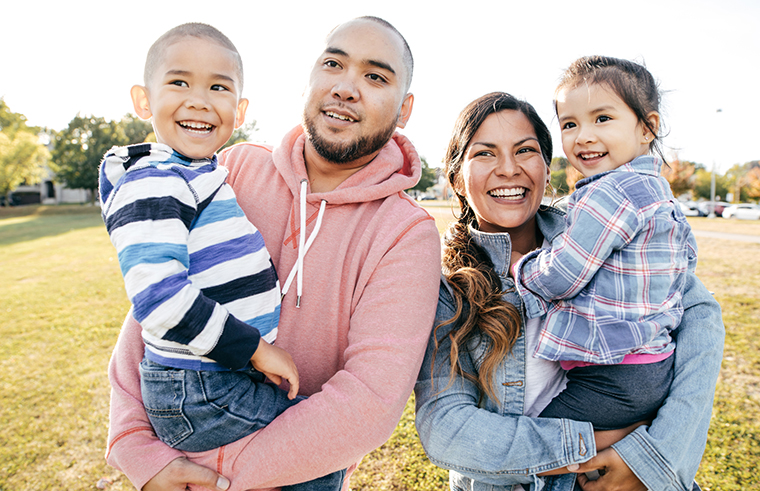
5. Act as a united front
Elizabeth says that when anxiety levels are high, “What children need is to see their parents on the same page as much as possible.” This includes things like not having disagreements in front of them, not causing trouble at handover time and not having late-night shouting phone calls. “Kids always know what’s going on,” says Elizabeth, “Even if you think they don’t.”
“So this is a time to not let COVID become more fodder for arguments. Because it is a whole community problem … it may end up being enacted between the two of you, but it doesn’t need to be.”
“It’s really important that you try and stay calm and give the impression of being amicable and come up with some basic agreements that you can fit in with … if you focus on ‘what our kids need from us at this time’, then that might give you a good core from which to work.”
 Need some support to be the best parent you can be? Our Parent School parent coaching experts can help. Click to find out more or book a one-on-one session.
Need some support to be the best parent you can be? Our Parent School parent coaching experts can help. Click to find out more or book a one-on-one session.

